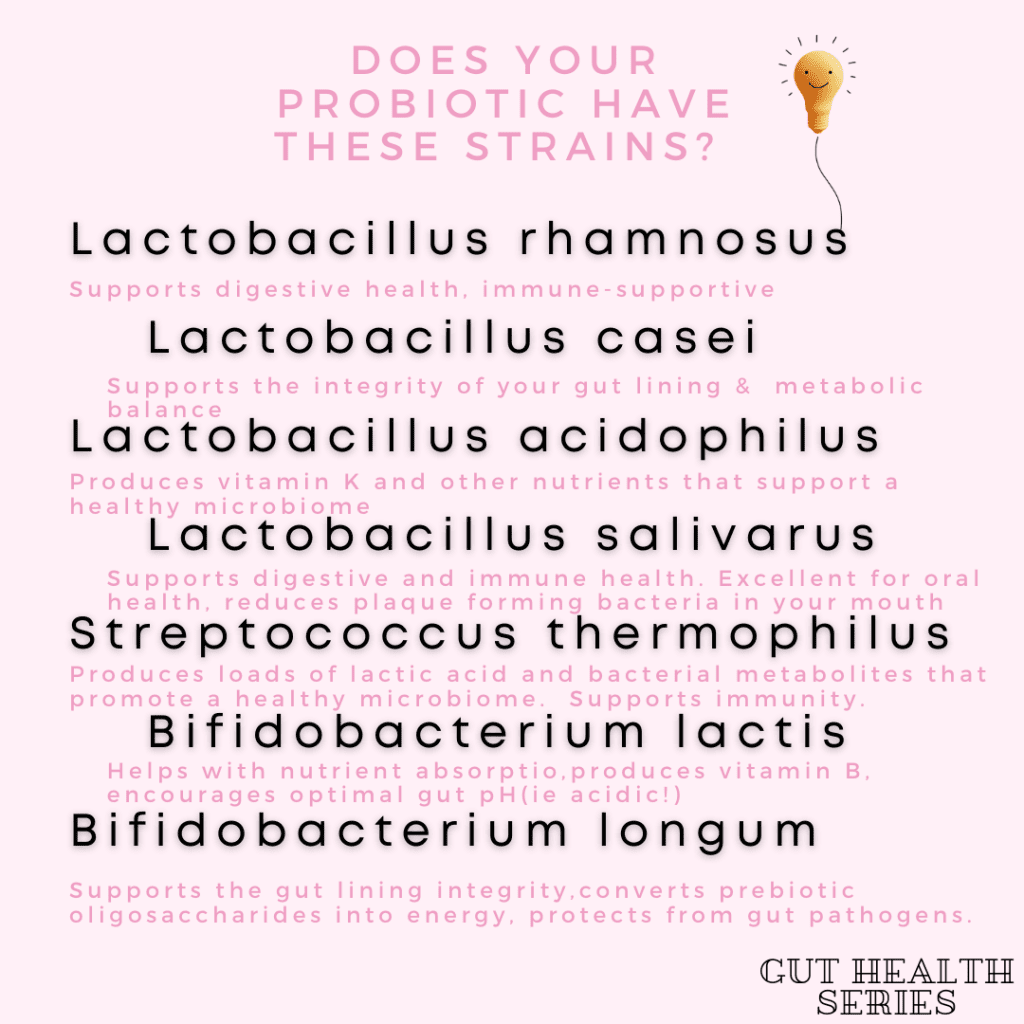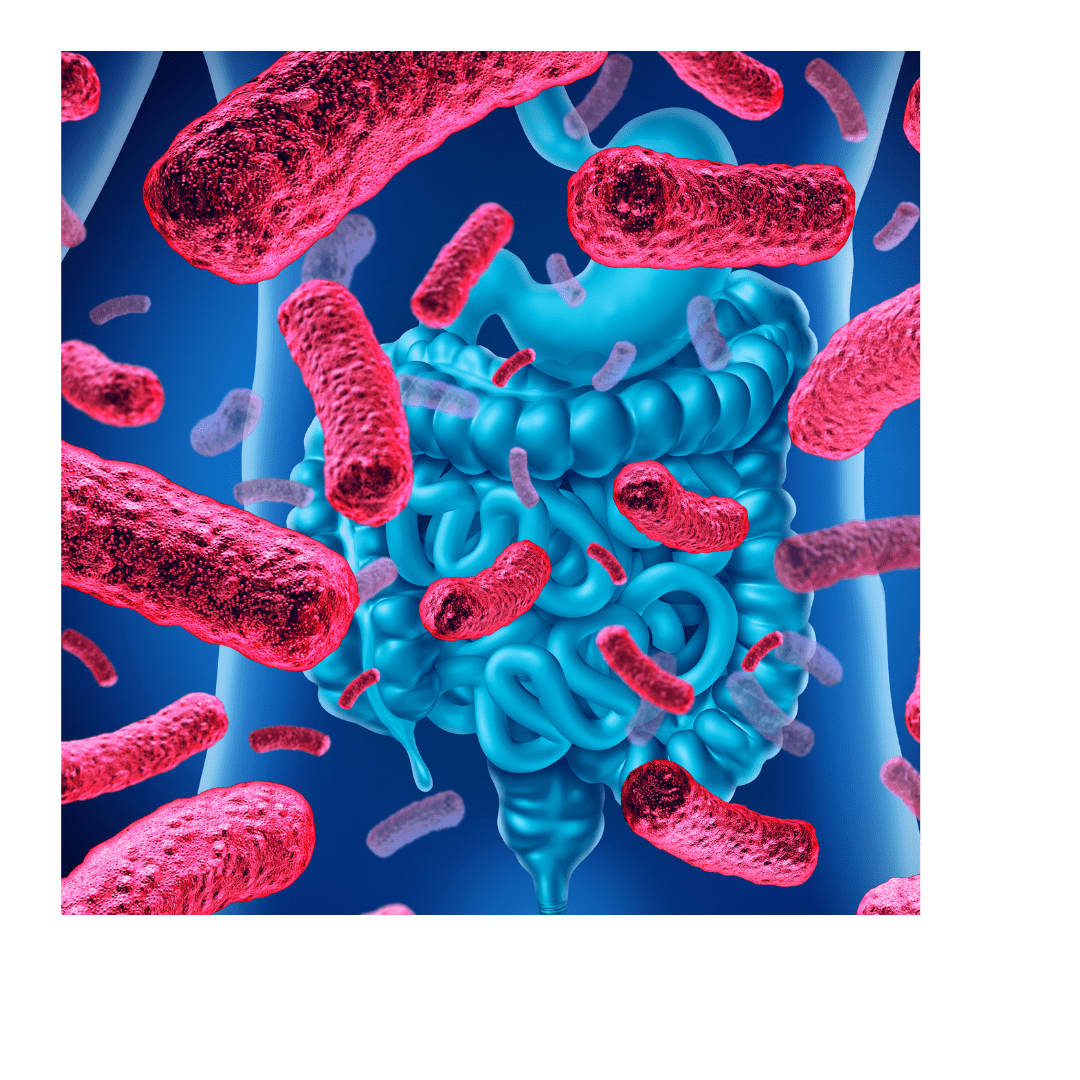Our gut microbiome has a complex relationship with the physiological systems in our body. It directly influences the gut-brain axis and the majority of our immune system is found here. Our gut influences hormone production (insulin, oestrogen….). Did you know that our microbiome bacteria is capable of producing essential vitamins (B and K) for our body? The importance of a healthy gut microbiome is becoming increasingly apparent not just for our digestive health but for our overall wellbeing.
Do Probiotics Really Work?
We are still seeing a rise in digestive issues despite the explosion of the probiotics market. Small intestinal bowel disease (SIBO) is on the increase as are inflammatory bowel conditions. A 2018 study in Cell journal demonstrated that for two thirds of the patients in the study, there was no clinically relevant benefits to taking probiotics. There was no noticeable digestive benefits or evidence of colonisation! I’ll explain why in the coming paragraphs.
If You Have a Sluggish Gut……
Be wary of the fact that if you have poor intestinal motility (slow bowels or constipation) , that probiotics can contribute to overgrowth of bacteria in the small intestine, contributing to SIBO symptoms such as bloating and brain fog. This is because the probiotics sit in the small intestine and create unwanted metabolic by-products like ammonia. Remember probiotics are live bacteria! Probiotics are meant to cross the stomach and small intestine and should end up in the large intestines to colonise there.
Which bacterial strains in a probiotic should you look out for?
Choosing a probiotic that is right for you should be done with the help of a practitioner, as too many times probiotic users don’t see decent results. A good quality probiotic should have the right strains. These should be clinically studied strains – for instance lactic acid live bacteria like the Bifidobacterium and Lactobacillus strains is a good start.

Tips for helping your probiotics work effectively..
Simply taking a probiotic on its own may not be enough for you to get results. Some of the common problems found in clinic is that individuals have insufficient levels of acid in their gut. We need optimal pH levels to keep nasty pathogens in our gut away. These levels also ensure we digest effectively and create a good environment for the beneficial bacteria to thrive! Our optimum gut pH levels are between 1.5 and 3.5 (acidic).
It is also really important that your digestive motility (bowel movement) is optimal. Botanical support can be useful for establishing overall gut function including encouraging healthy motility, nutrient absorption and supporting immune health. It is important that you get enough fibre in your diet – fibre aids digestive motility.
Finally, Think About Prebiotics…
Prebiotic supplements, which feed the gut and provide fuel for our gut microbiome in the large intestine to flourish has it’s place in maintaining a healthy gut environment. So it’s not just about probiotics, all of these strategies can form a key part to whether probiotic supplementation is effective. Your diet is also key – consuming whole unprocessed foods rich in fibre will increase the diversity of your gut bacteria.
